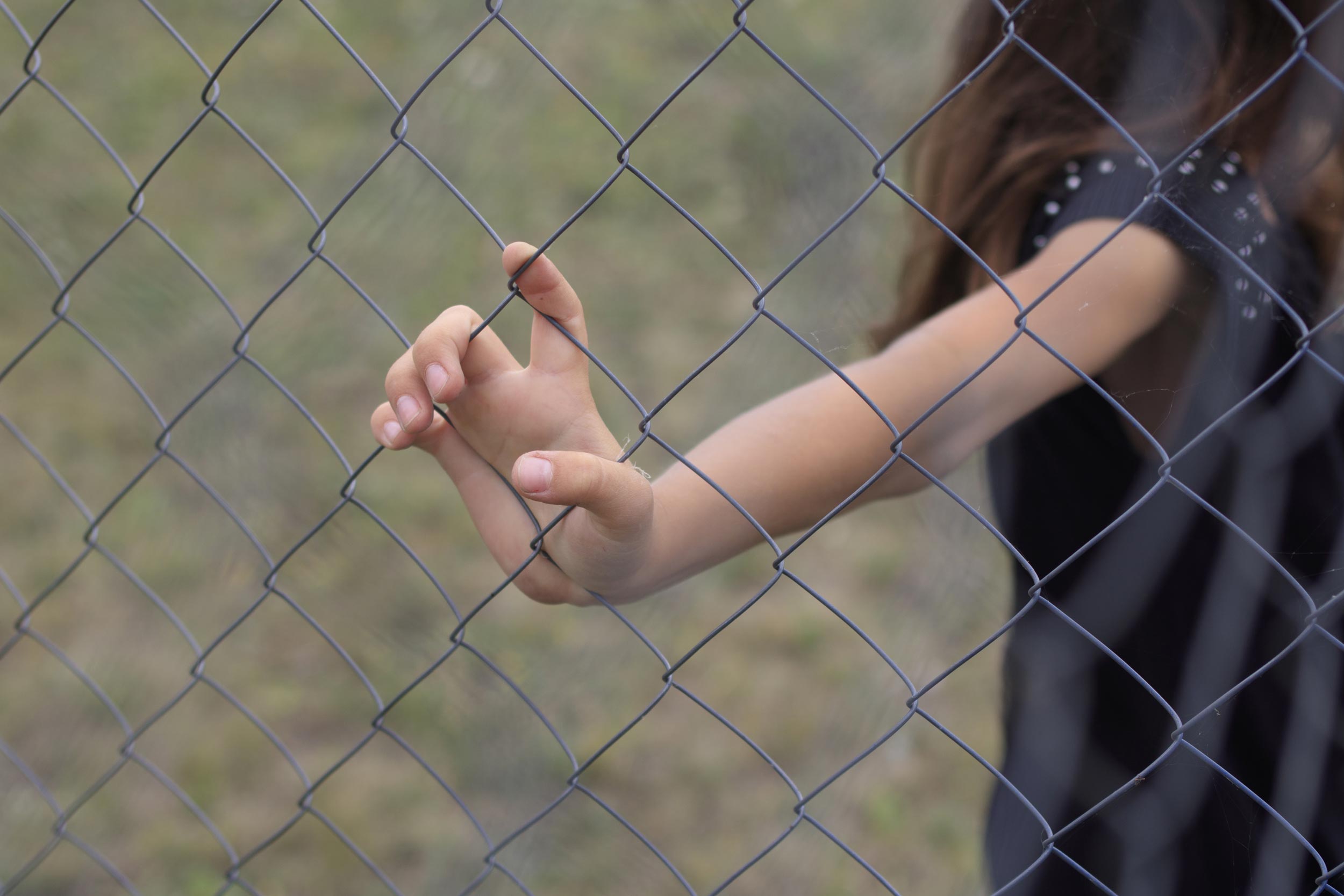„De Moment si landeswäit 32 Beamten an der Police fir de Jugendschutz zoustänneg. Den Zerwiss vum Jugendschutz ass folgendermoossen opgestallt: Regioun Norden (Dikrech): 2 Beamten; Regioun Osten (Gréiwemaacher): 3 Beamten; Regioun Süden (Esch): 5 Beamten; Regioun Zentrum (Stad): 7 Beamten.
Dës 17 Beamten decken de Volet „Mësshandlung vu Kanner“, „Placementer vu Kanner“ an de ganze Spektrum vun der „Délinquance juvénile“ of (also all Strofdoten, déi vu Mannerjärege begaange ginn). Des weideren enregistréieren dës Beamten all Vergewaltegung vun erwuessene Leit (ausser de Viol a punkto Prostitutioun).
Am meeschte gëtt dësen Zerwiss vum Jugendgeriicht befaasst, dat opgrond vu Signalementer, déi vu Schoulen, Crèchen a Maison-Relaise gemaach goufen.
Déi zoustänneg Beamte garantéieren och wöchentlich eng national Permanence, déi vun zwee Beamten assuréiert gëtt, dëst iwwert dat ganzt Joer verdeelt.
Ausserdeem gëtt et eng spezifesch Sektioun vum Jugendschutz (ëm déi 15 Leit) an der Stad, déi sech just ëm Sexual-Strofdote këmmert, déi vu Mannerjärege begaange goufen oder déi Mannerjäreger um eegene Läif erlidden hunn. Dat geet vun „Attentat à la pudeur“ bis hin zu „Cyber-Grooming“, also dem Verschécke vu Plakeg-Fotoen duerch Erpressung. Och d‘Internet-Pédo-Pornographie fält an hire Beräich. Ee vun dëse Beamte garantéiert och wöchentlech eng national Permanence, déi iwwert dat ganzt Joer leeft.
Lëtzebuerg ass keng Insel an d’Zuel vun de Mëssbrauch-Dossiere souwéi d‘Affairen am Beräich vun der Maltraitance vu Kanner hunn éischter d’Tendenz zouzehuelen.
An deem Kader wollte mir dem Här Minister fir bannenzeg Sécherheet an der Madamm Justizministesch folgend Froe stellen:
- Wéi huet sech d’Zuel vun de Beamten, déi de Moment am Departement vun der „police judiciaire section protection de la jeunesse et infractions à caractère sexuel“ schaffen, zanter 2015 entwéckelt?
- Wéi vill Dossiere gi pro Joer vun dësem Zerwiss behandelt a wéi vill sinn der aktuell nach net ofgeschloss bzw. net ugefaangen?
- Huet den Här Policeminister wëlles fir d’Personal an dësem spezifesche Beräich opzestocken? Wa jo, wat géif dat konkret bedeiten, vu, datt deen een oder anere Büro iwwerlaascht schéngt ze sinn?
- Wéi kann een d’Zesummenaarbecht mat der Justiz vereinfachen?“






